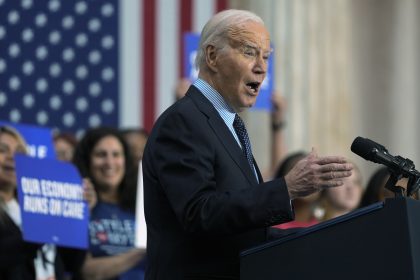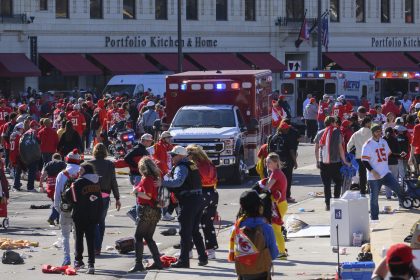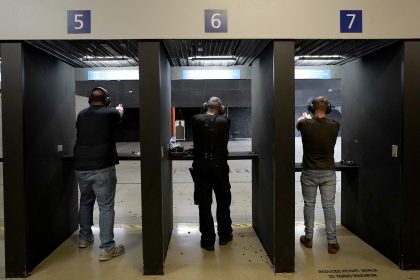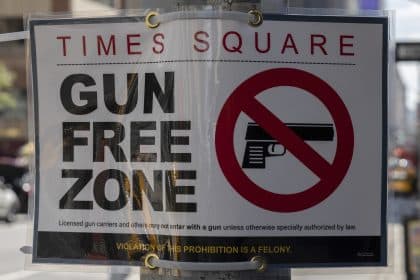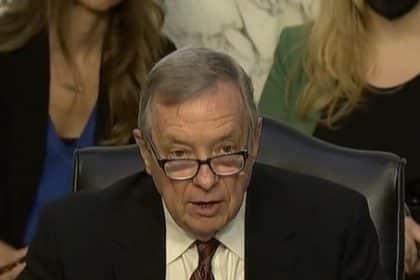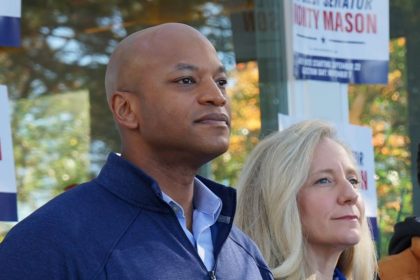Mass Shootings Contribute to Calls for Gun Violence Reduction Efforts
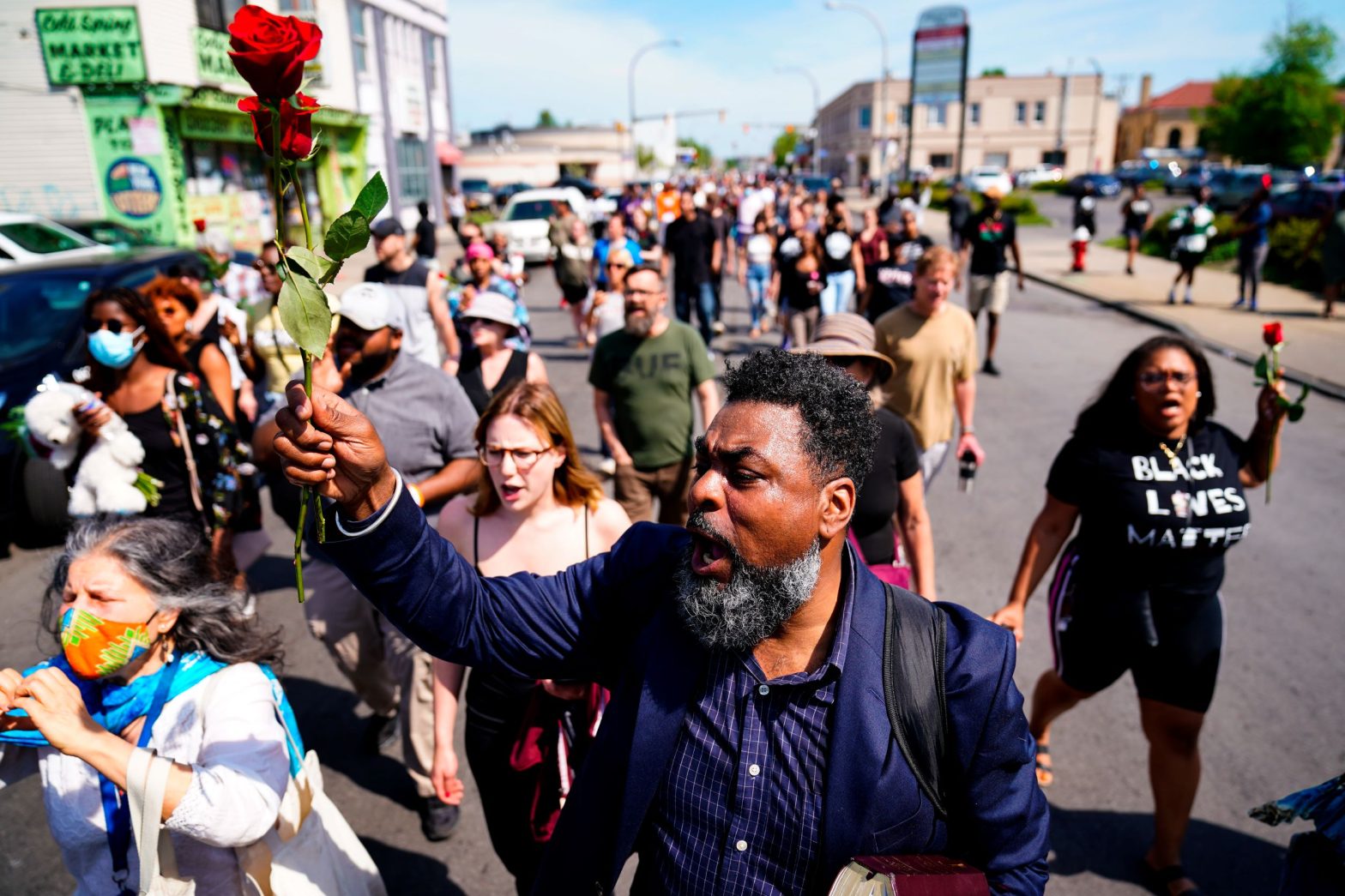
WASHINGTON — Denunciations continue this week over two mass shootings during the weekend that also are fueling calls for more action to reduce gun violence.
A prime example is being considered in Washington, D.C., where gun violence surged during the COVID-19 pandemic.
The National Institute of Criminal Justice Reform presented recommendations last week to the District of Columbia Council that advocate a well-targeted “whole of government” approach.
They are modeled on a similar program in Boston that produced what Massachusetts residents call the “Boston Miracle” for reducing gun violence.
The programs are supposed to stop shootings like the one on Saturday at a Buffalo, New York, supermarket where 10 people were killed by a lone gunman.
In a separate shooting on Sunday in Laguna Woods, California, one person was killed and five others critically injured at a Presbyterian church where most of the attendees are Taiwanese American.
The California chapters of Moms Demand Action and Students Demand Action, which say an average of 110 people are killed by guns daily in the United States, said in a statement, “We should be able to worship wherever and whenever we choose, free from the threat of gun violence. But sadly, today in America, even what should be peaceful sanctuaries of reflection are not safe from the threat of gun violence.”
The same kind of outrage about gun violence led Washington, D.C., Mayor Muriel Bowser to ask the National Institute of Criminal Justice Reform for suggestions on how to put a dent in it. The District of Columbia Council is on course to surpass 200 murders for the second year in a row this year.
“The district is unique in that it is one of the few cities in the country that has the needed talent, ability and resources to drastically reduce gun violence in the city,” the National Institute of Criminal Justice Reform report says. “However, it is lacking the political commitment, coordination and a coherent strategy to reduce gun violence.”
The report came with a long list of recommendations, such as addressing “root causes” of violence. They include homelessness, school suspensions, mental health problems and contact with violent persons in what the report calls the city’s “hot blocks.”
One recommendation says the city should set up an incident review-and-response center, or “Peace Room,” to serve as an emergency operation center for gun violence.
Some of the suggestions are modeled on the Gun Violence Reduction Strategy developed in Boston.
It uses a data-driven process to identify persons and groups most likely to commit gun violence. In Washington, the most common age for shooters is 27, while the most common age of their victims is 31.
“In Washington, D.C., most gun violence is tightly concentrated on a small number of very high-risk young adults that share a common set of risk factors, including involvement in street crews, significant criminal justice history, often prior victimization and a connection to a recent shooting (within the past 12 months),” the report says.
Street gangs commonly are the culprits but not always.
“Often shootings are precipitated by a petty conflict over a young woman, a simple argument or the now ubiquitous social media slight,” the report says.
The Gun Violence Reduction Strategy has four core components:
1) Data-driven identification of those individuals and groups at highest risk of gun violence.
2) Direct and respectful communication to those at high risk.
3) Intensive services, support and opportunities.
4) Focused enforcement, which entails shifting law enforcement efforts away from low-level, petty crimes and increasing enforcement on serious crime and violence, therefore having the net effect of a decreased law enforcement footprint on the community but greater focus and therefore reductions in gun violence.
Bowser said she was optimistic that the National Institute of Criminal Justice Reform recommendations will be accepted by Washington’s lawmakers and administrators.
“I think we have an excellent document to build on,” she said about the plan at a community meeting last week.
Meanwhile, the blame for the Buffalo shooting is ascending to the top levels of government.
U.S. Reps. Liz Cheney, R-Wyo., and Adam Kinzinger, R-Ill., condemned Republican House leaders for failing to denounce White extremist ideologies. Nearly all the victims in the Buffalo shooting were Black.
President Biden is traveling to Buffalo Tuesday to meet with first responders and families of the victims.
“Any act of domestic terrorism, including an act perpetrated in the name of a repugnant White nationalist ideology, is antithetical to everything we stand for in America,” Biden said in a statement.
Tom can be reached at [email protected] and @TomRamstack


















